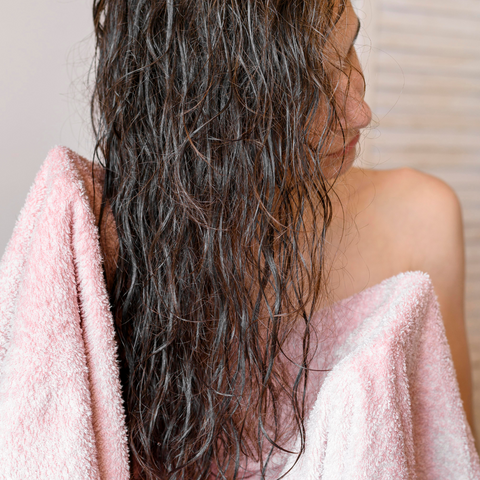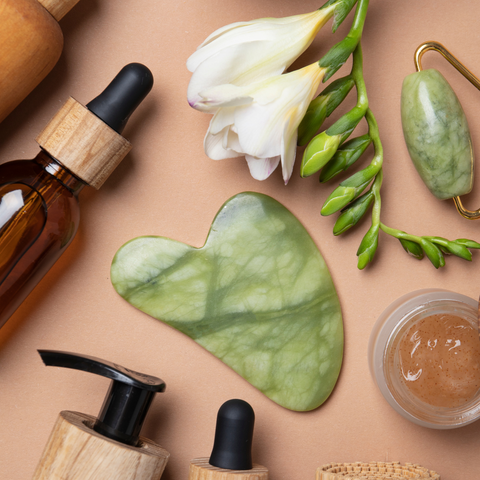When it comes to maintaining healthy hair, there are numerous factors to consider, including diet, lifestyle, and hair care routines. Among these routines, choosing the right water temperature for washing your hair plays a vital role. In Ayurveda, an ancient Indian system of medicine and holistic wellness, the temperature of the water used to wash your hair is believed to have a significant impact on its overall health and appearance. So, should you use hot water or cold water to wash your hair? Let's explore the Ayurvedic perspective.
Ayurveda views each individual as a unique combination of the three doshas: Vata, Pitta, and Kapha. These doshas are believed to govern various aspects of our physical and mental well-being. The choice of water temperature for hair care is influenced by these doshas, as well as individual hair type and specific imbalances.
For individuals with a predominantly Vata constitution or experiencing Vata imbalances, warm water is generally recommended. Vata is associated with qualities like dryness, coldness, and roughness. Using warm water helps to counterbalance these qualities, providing moisture and nourishment to the hair and scalp. Warm water also helps to relax the nervous system, which can be beneficial for those with Vata imbalances, as stress and anxiety can contribute to hair-related issues.
On the other hand, individuals with a Pitta constitution or Pitta imbalances may benefit from cooler water temperatures. Pitta is characterized by qualities such as heat, intensity, and oiliness. Using cool or lukewarm water helps to pacify excess heat and reduces oiliness in the scalp. It can also provide a soothing effect, especially if the scalp is prone to inflammation or sensitivity.
For those with a Kapha constitution or Kapha imbalances, using warm or slightly hot water is generally recommended. Kapha is associated with qualities like heaviness, oiliness, and congestion. Warm water helps to stimulate blood circulation in the scalp, remove excess oil and congestion, and promote overall balance in the hair and scalp.
It's important to note that individual hair types and conditions may require slight variations in water temperature, regardless of the dosha. For instance, if you have dry or damaged hair, using lukewarm water instead of hot water can prevent further moisture loss and damage. Similarly, if you have an oily scalp, slightly cooler water may be more effective in removing excess oil and maintaining scalp health.
In addition to water temperature, Ayurveda also emphasizes the use of natural and nourishing hair care products. Opting for gentle, chemical-free shampoos and conditioners that are suitable for your hair type and dosha can enhance the effectiveness of your hair care routine.
Ultimately, the choice between hot water and cold water for washing your hair should be based on your individual needs, hair type, and any imbalances you may be experiencing. Consulting with an Ayurvedic practitioner can provide personalized guidance and help you determine the most suitable water temperature for your hair care routine.
Remember, Ayurveda encourages a holistic approach to wellness, taking into account various factors that contribute to your overall well-being. So, while water temperature plays a role in maintaining healthy hair, it is just one piece of the puzzle. By adopting a balanced lifestyle, nourishing your body and mind, and using natural hair care practices, you can achieve lustrous, vibrant hair that reflects your inner vitality.






